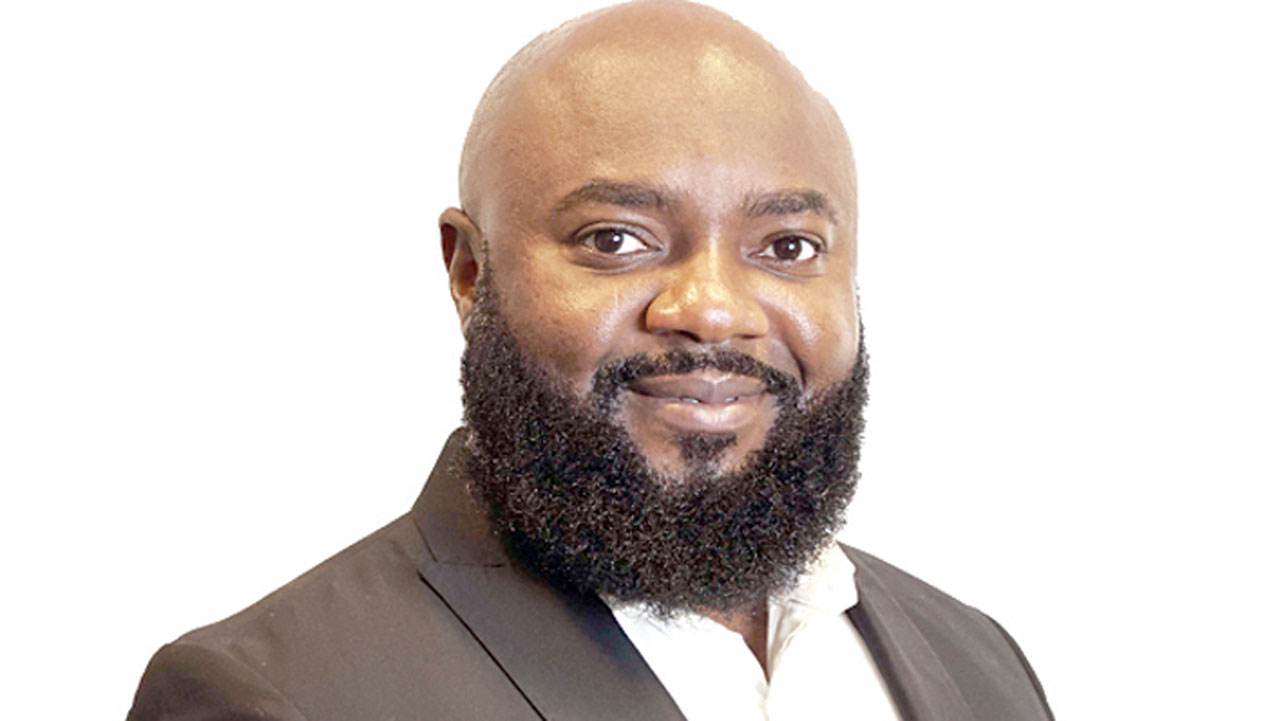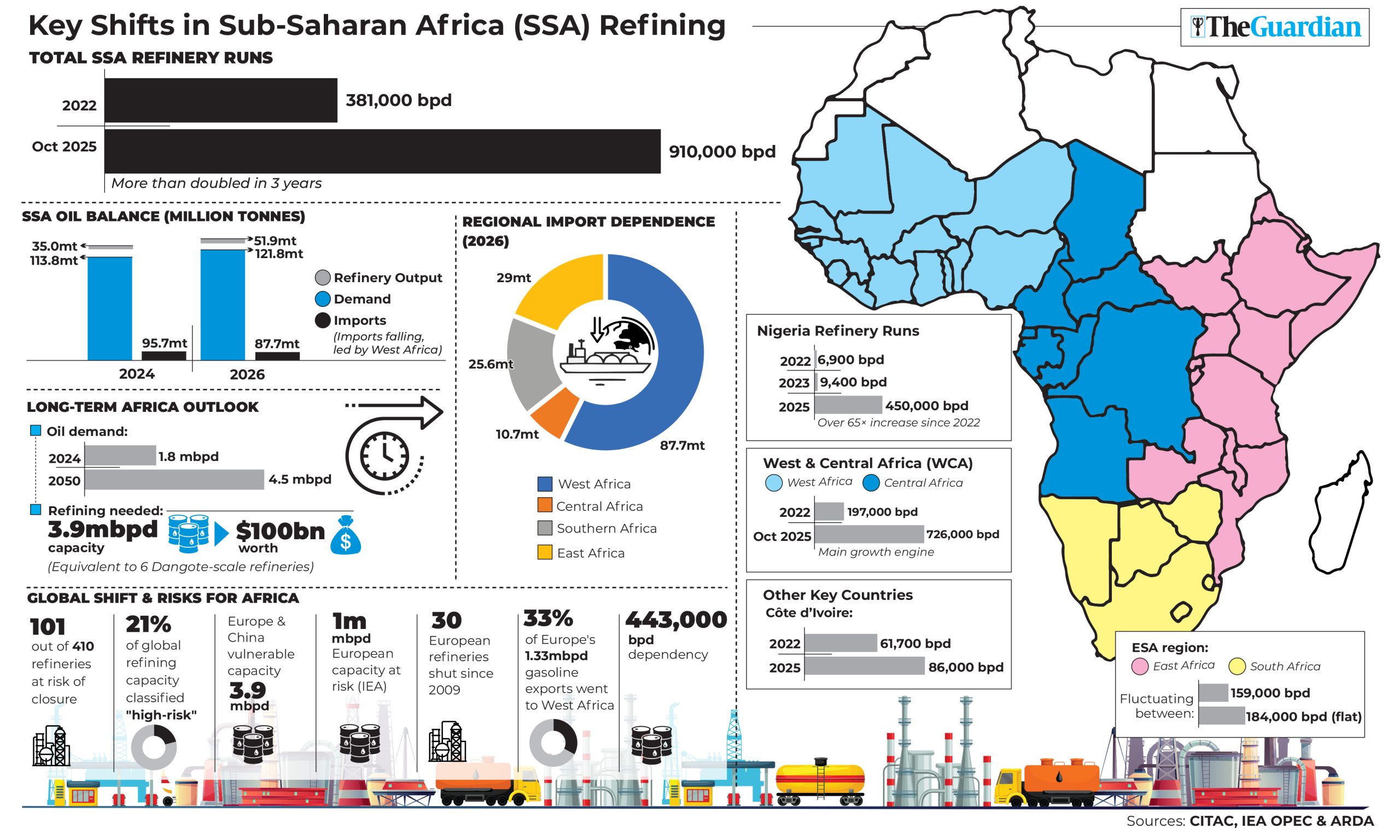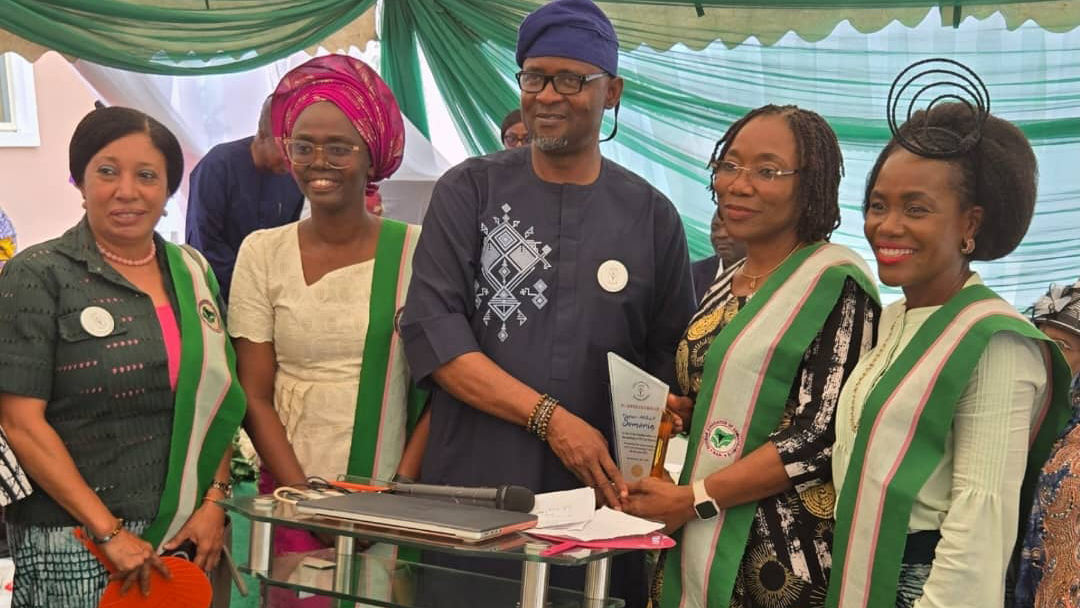
Ade Yesufu is the exhibition manager for Nigeria Energy, part of the Energy and Utilities portfolio of Informa Markets, Middle East. In this interview with The Guardian, he talks about how the Nigeria Energy conference seeks to leverage linkages and stakeholder relationships to address lingering issues in the energy sector.
Can you give an insight into what the conference is all about and the goals it seeks to achieve?
The Nigeria Energy conference aims to support the energy sector in achieving its power supply goals. Power capacity within the industry currently fluctuates at 3000-4000 megawatts, which means the sector can only dispatch around 4,000 MW, significantly insufficient for a country of over 195 million people.
The critical issue that stakeholders are currently debating is, “how do we increase capacity in the power sector power capacity in Nigeria?” The Nigeria Energy conference aims to help the government manifest its vision by collaborating with international and local stakeholders, including manufacturers, distributors, and suppliers of certain products that range from conventional generation methods to renewable energy technologies. The agenda also helps create a marketplace for industry players to network and find solutions to the lingering issues within the Energy sector.
What should be the expectations of participants at the event?
Visitors can expect to see advances in electric metering firms, transmission technologies, distribution improvements, backup generators and critical power solutions and solar among other things. Depending on what the visitors are looking out for in the power sector, they can be sure to find it at Nigerian Energy.
In what way would the conference help in addressing energy challenges in Nigeria?
There might be different opinions on the challenges for distribution, transmission, and generation companies. However, I think the main challenge is all stakeholders’ determination to address the situation by creating an enabling environment for investors to thrive in the sector. That is, building confidence for investors to get involved. We know that many investors are interested in the Nigerian market because they see an opportunity in the market.
The Nigeria Energy conference would not just create an entry point for investors but would also bring technology into play. With the government now looking to use digitalisation to solve challenges in the sector, the agenda touches on how we can integrate new technologies to enhance the installed capacity. Conversations will be shaped around diversifying the investments and embracing renewable sources for Nigeria to achieve the Sustainable Development Goals by the year 2050.
As of September 2021, 43 per cent of Nigerians have no access to on-grid electricity, how do you think this gap can be filled?
Nigeria has established its position well by integrating renewable energy into its mix and collaborating closely with the Rural Electrification Agency (REA) by offering alternate solutions to electrical problems. The Ministry is committed, keen and vested in ensuring the Nigerian energy sector reaches a stage where there is significant improvement.
Adoption of mini grids is key for the sector. With that in mind, the recent electricity bill passed by the Senate Committee on Power led by Senator Gabriel Suswam in July 2022, allowing states and individuals to generate and distribute electricity, is a game changer for the country. This bill gives legal backing to renewable energy, which means that if you decide to generate 1 M.W. of power using solar source, that is also provided for, according to the lawmaker, the bill would improve utilisation of generated power through increased investments in new technologies to enhance transmission and distribution of generated power to minimise aggregate value chain loses. The bill will help revive the institutional framework for the reform of the Nigerian Electricity Supply Industry (NESI), initiated and implemented by the federal government and also sought to promote policies and regulatory measures that would ensure the expansion of power transmission networks in Nigeria in order to address any imbalance in the existing transmission infrastructure.
Improving energy efficiencies through the adoption of new technologies has been touted as an option. Do you share this sentiment?
We believe that digital transformation of the energy and power sector is critical to its growth. Governments and stakeholders have begun looking towards technology and digitalisation to solve the growing challenges in the sector. Nigeria Energy will play a significant role as it connects investors with stakeholders.
It is imperative to leverage digital technology in the electricity industry, towards ensuring greater transparency in operations, while increasing efficiency and reliability. Therefore, relevant stakeholders in the industry, GenCos, DisCos and the government, will be looking forward to exploring he massive opportunities for advancement within the energy sector, while embracing the array of cutting-edge products and services that will be showcased at this year’s Nigeria Energy Exhibition and Conference from 20 – 22 September 2022.
The Nigerian and West African energy sector is faced with certain challenges. How does this event intend to address those challenges?
For this edition, we created a steering committee to concentrate on solutions, opportunities, and incentives to advance the Energy sector. We hosted members of the committee at the Middle East Energy conference in Dubai, which had a Nigeria-focused session with a delegation from the Nigerian government, Private sector, Investors and End Users, discussing the potential opportunities in the Nigerian Energy and Power sector.
The key areas we will be addressing include, meeting electricity demand and improving the reliability of Nigeria’s power sector, regulatory and policy requirements to attract local and international investment, securing financing for gas-power generation and renewable energy plants, exploring the National Mass Metering Programme (NMMP) – impact on the metering gap and energy collection efficiency and investment in transmission infrastructure to evacuate all the available capacity.
The Nigeria Energy Conference Steering Committee was formed to address the current challenges and opportunities within the African power market and have been pivotal in providing direction to the conference theme and agenda. Some of the confirmed committee members are from Nigerian Electricity Regulatory Commission, Transmission Company of Nigeria, Rural Electrification Agency, the Nigerian National Assembly and Federal Ministry of Power, Women in Renewable Energy Association and more.
What new trends and solutions globally will be highlighted at this edition?
With a lot of new initiatives and plans being rolled out by the Federal Government of Nigeria, including the recent bill passed by the Nigerian senate, allowing states to generate power, the conference agenda addresses these initiatives and provides updates on the phases of the programmes and looking beyond the energy industry to achieve sustainability goals.
Digitalisation is another key area for the government. Again, technology is a significant part in addressing critical issues in smart metering, critical power and in solving energy theft. Visitors will have the opportunity to meet some of the leading tech companies within renewable energy, as gas still has a lot of roles to play representing 89% of our generation technologies, metering, solar and many others that will directly fit into the objectives of SDG 7 – Ensure access to affordable, reliable, sustainable and modern energy for all.
The conference agenda will also be focused on finding real world solutions and incentives to investors in the gas and metering sector. The metering sector poses one of the biggest challenges to Nigeria’s Power sector. Speaking with the ministry of power, one of their key goals at the event is to push digitalisation which is critical to solving the metering problem.
Addressing the recent launch of the energy transition plan, there’s a lot to be done in terms of investments and bringing international support to achieve the goals of ETP Nigeria. What role does Nigeria Energy play in this?
Nigeria’s Energy Transition Plan is unique and addresses the realities and complexities in the country. Despite the challenges facing the sector, one common promise by every entity is the shared interest of commitment towards a cleaner, diverse and more sustainable mix. With an aim to fully support the objectives of the energy transition plan, Nigeria Energy 2022, formerly known as Power Nigeria, will bring together the high-level investors group and key stakeholders of the industry to discuss the next steps for sourcing the investments.
Nigeria Energy’s new initiatives for this year, Hosted Buyer Programme and Investor Club, aim to bring investors and VIPs with direct purchasing powers from the Middle East and Africa to drive sustainable finance for Nigeria and help move the energy projects forward.






